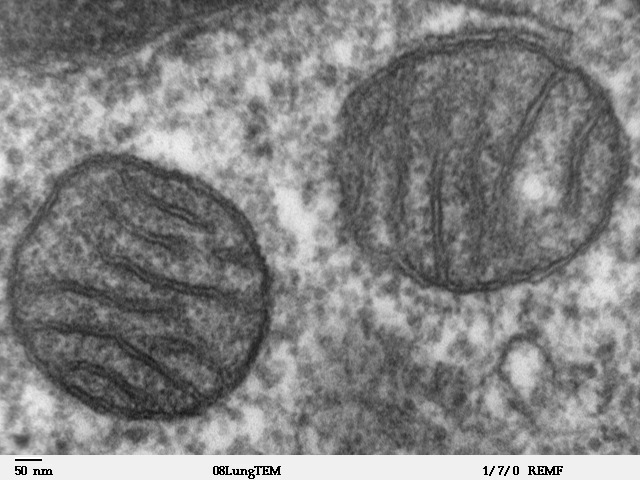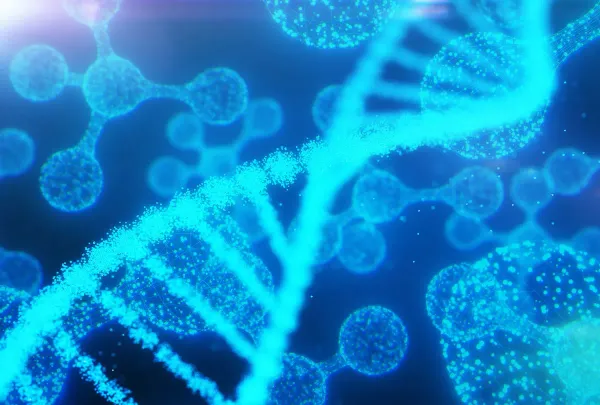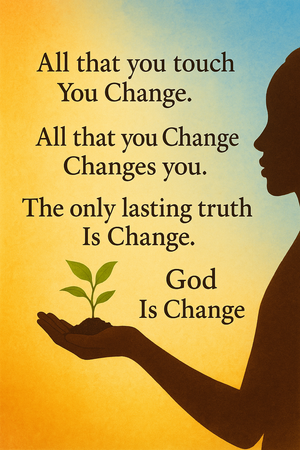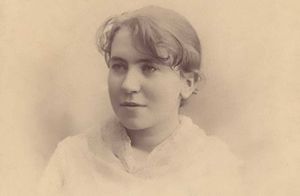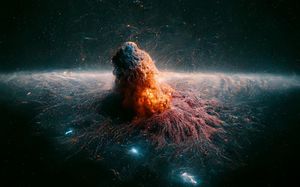By Matthew Rozsa, published on www.salon.com on July 23, 2021
"[..] Picard sees something else in mitochondria, too. Last year, he and a Swiss scientist named Dr. Carmen Sandi published a paper in the journal Neuroscience and Biobehavioral Reviews, which posited that mitochondria do not merely keep us alive, but in many ways, have lives of their own. And, perhaps, are even "social" creatures."Sociality has profound evolutionary roots and is observed from unicellular organisms to multicellular animals," Picard and Sandi write. "In line with the view that social principles apply across levels of biological complexity, a growing body of data highlights the remarkable social nature of mitochondria. [..]"
"[..] Of course, if mitochondria are conscious beings, that would mean we have trillions and trillions of these brainless beings chilling throughout literally every cell of our bodies. That idea may seem absurd until you consider a scientific concept which could explain it: Panpsychism, or the idea that consciousness is inextricably linked to all matter and simply grows stronger as a physical object become more complex. [..]"
"[..] This, emphatically, is not what Picard and Sandi had in mind when they wrote their article (Picard told Salon that "I do not know enough about panpsychism to make an informed comment.") At the same time, their discovery is just one more piece of fascinating scientific trivia that could be explained by this revolutionary theory. [..]"
"[..] Panpsychism's appeal may stem partly from the fact that scientists currently can not explain what consciousness – the thing that [..] makes you self-aware — actually is. [..]"
"[..] That said, those who believe our minds come directly from our bodies are also facing some logical challenges.[..]"
"[..] In other words, there is no equation, no theory that would account nor explain our conscious feelings, the everyday state of awareness and thought that constitute life and existence. There is nothing in physics or chemistry or biology that accounts what it is like to be. [..]"
"[..] Because the human brain is made up of the same basic matter as everything else in existence, the most natural view seems to be that [consciousness] is a general feature of matter.[..]"
"I think that mostly comes from more basic differences in how people think about consciousness," Roelofs told Salon. "Panpsychists think that thought, reasoning, decision-making, vision and hearing and smell and all of our cognitive complexity: none of those are the same thing as consciousness. Consciousness is just subjectivity, just 'is there something it's like to exist right now?' [..] "
Related:
